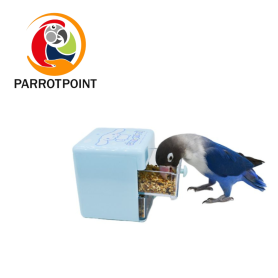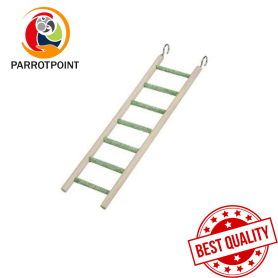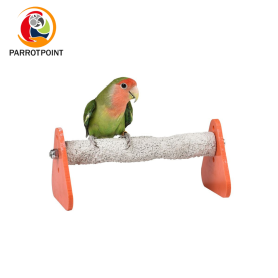Description
Long Description
- Small-Scale Self-Sufficiency: The Bungalow Forager lifestyle emphasizes the ability to provide for oneself within a limited living space, often a bungalow or a small house with a small garden or balcony.
- Urban Homesteading: It draws inspiration from the concept of urban homesteading, where city dwellers adopt practices to grow their food, preserve resources, and reduce their ecological footprint.
- Foraging in Urban Spaces: The focus is on utilizing urban environments for foraging wild edibles, such as berries, herbs, and edible flowers found in parks, along sidewalks, or in community gardens.
- Balcony and Container Gardening: Utilizing small spaces for growing fruits, vegetables, and herbs in containers, pots, or vertical gardens, maximizing the available area.
- Preservation Techniques: Learning and employing various preservation techniques like canning, pickling, fermenting, and drying to make the most of seasonal produce and reduce food waste.
- DIY Skills: Embracing do-it-yourself (DIY) skills for making household items such as cleaning products, candles, soaps, and beauty products using natural and locally sourced ingredients.
- Composting and Recycling: Implementing composting systems for organic waste from the kitchen and utilizing recycled materials for various purposes, promoting a zero-waste lifestyle.
- Energy Efficiency: Adopting energy-efficient practices within the bungalow, such as using solar panels, energy-saving appliances, and reducing overall energy consumption.
- Community Engagement: Participating in local farmers’ markets, seed swaps, or community gardens to exchange knowledge, seeds, and produce with neighbors and fellow enthusiasts.
- Mindful Consumption: Cultivating a mindset of mindful consumption, where purchases are made thoughtfully, focusing on local, organic, and sustainable products whenever possible.
Uses
- Wild Edible Harvesting: Bungalow foragers often explore their immediate surroundings, such as forests, fields, and even urban areas, to find wild edibles. These can include a variety of plants such as dandelion greens, wild berries, mushrooms like morels, and herbs such as mint or thyme. The main use here is to gather fresh, organic, and often free food directly from nature. This practice can lead to delicious meals, teas, salads, or preserves made from the bounty of the land.
- Medicinal Plant Collection: Many bungalow foragers are also interested in the medicinal properties of wild plants. They may seek out herbs like plantain for insect bites, chamomile for calming tea, or elderberries for their immune-boosting properties. The bungalow forager might dry these herbs for teas, create tinctures, or use them in poultices for various ailments. The main use in this aspect is to connect with nature for health and wellness benefits, using age-old herbal remedies.
- Nature Connection and Sustainability: Beyond the practical uses of foraged goods, the bungalow forager often has a deep appreciation for nature and a desire to live sustainably. By foraging, they reduce their reliance on store-bought produce, lower their carbon footprint, and gain a greater understanding of their local ecosystem. This lifestyle encourages a connection to the land, a respect for its resources, and a commitment to sustainable living practices. The main use here is to foster a holistic lifestyle that promotes self-sufficiency, environmental awareness, and a sense of harmony with the natural world.
Specifications
| Manufacturer | Adventure Bound |
|---|---|
| Animal/Species | Cockatiel |
| Product Type | Accessories |



.png)
























Reviews
There are no reviews yet.